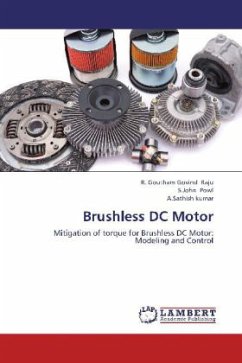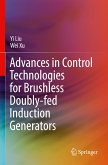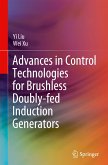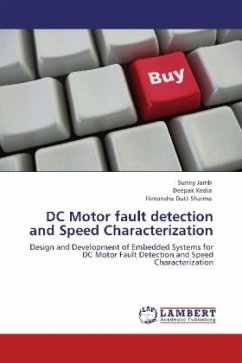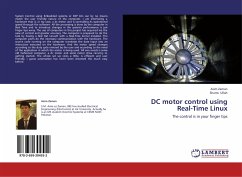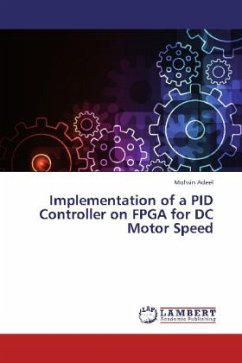In classical control of brushless dc motors, flux distribution is assumed trapezoidal and fed current is controlled rectangular to obtain a desired constant torque. However, in reality this assumption may not be correct due to non-uniformity of magnetic materials and design trade-offs. These factors together with current controller limitation, can lead to an undesirable torque- ripple. Hence torque - ripple has been the main issue of the servo derive systems, in which the speed fluctuation, vibration and acoustic noise should be minimized. This torque-ripple also deteriorates the precision of the parameters of brushless dc motors. In this proposed work, different techniques are to be carried out to control the torque - ripple of brushless dc motors. Effectiveness and flexibility of the individual techniques of torque-ripple control method will be thoroughly discussed for merits and demerits and finally verified through simulation (PSIM) and experimental results for comparative analysis.
